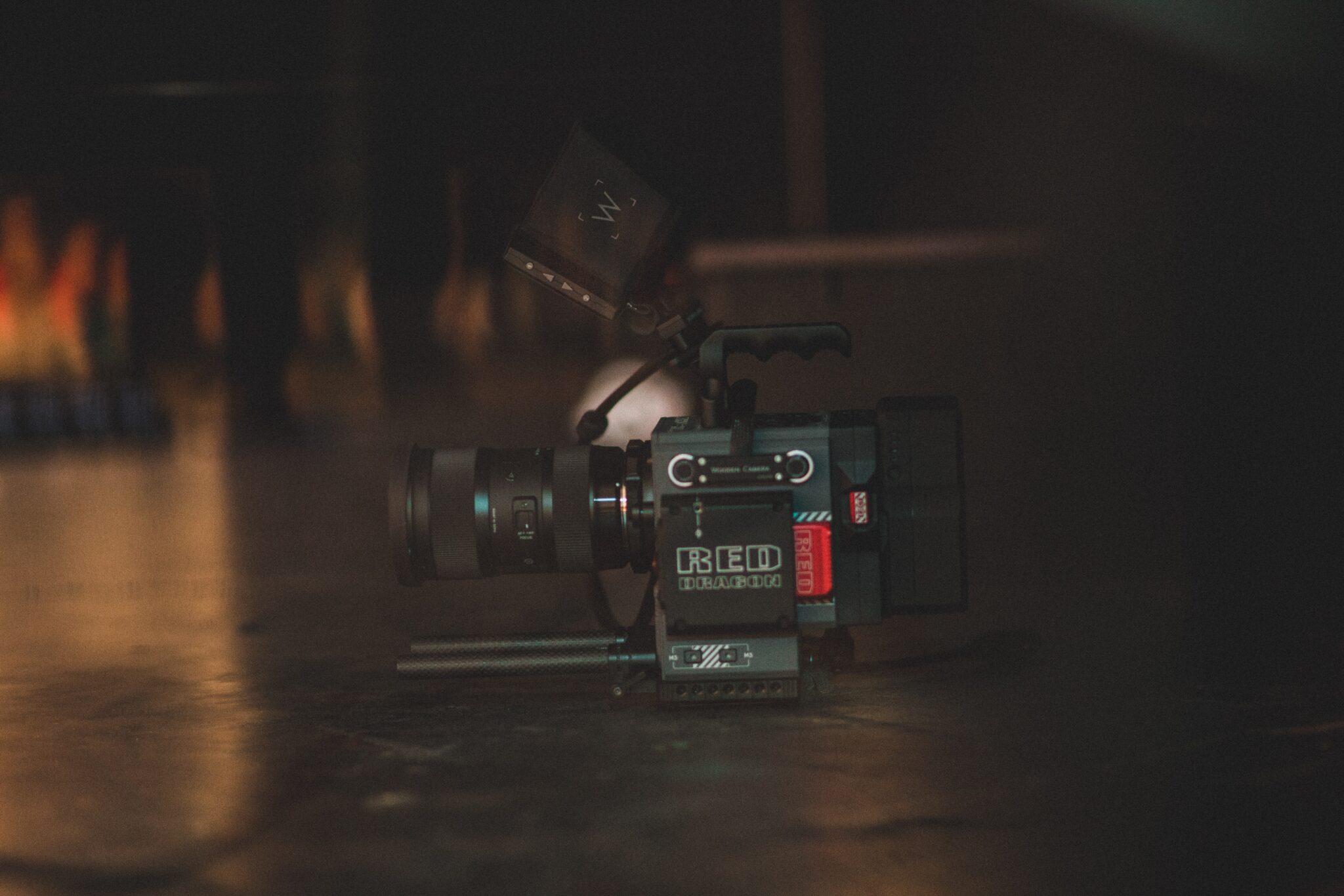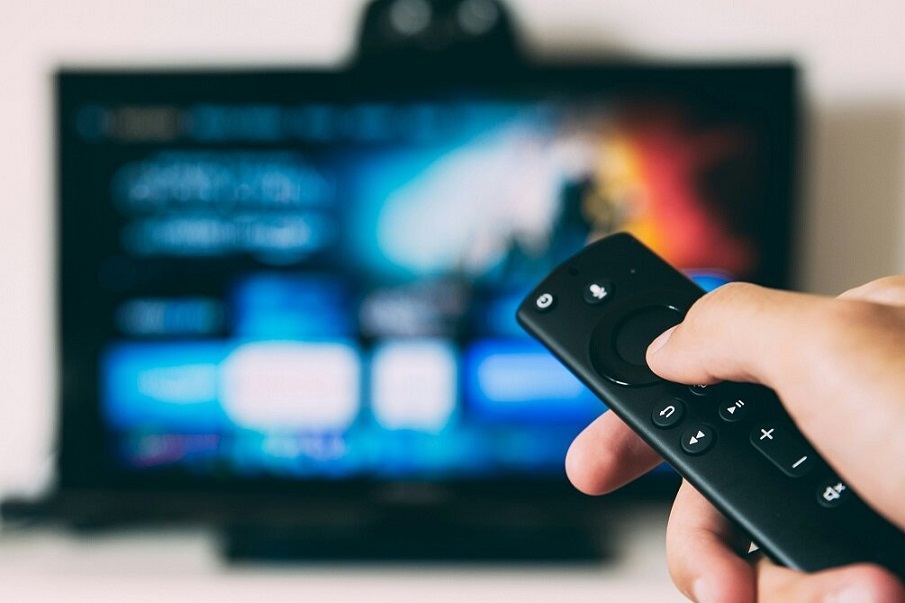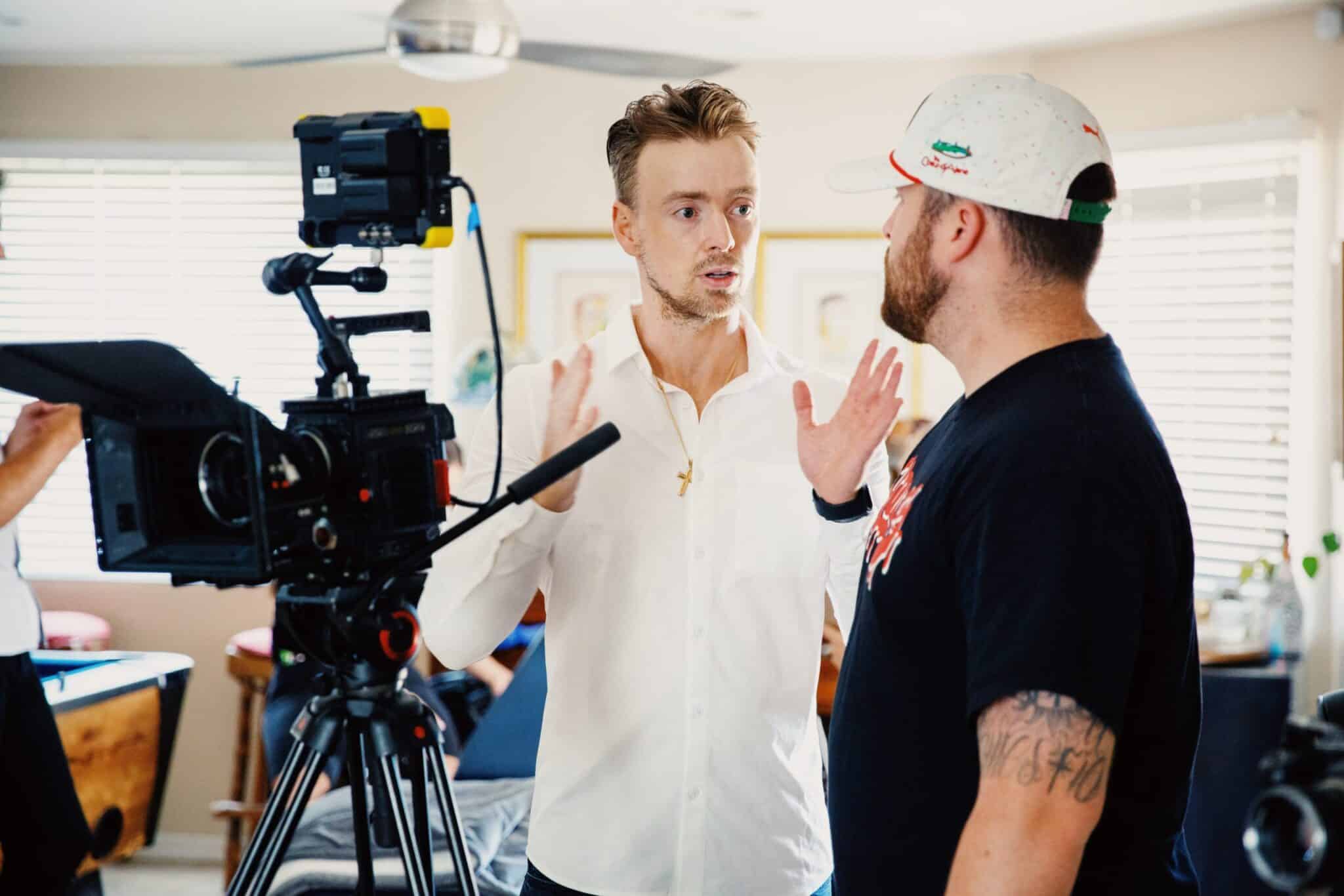It started with the 2015 Oscars when #OscarsSoWhite began trending. Fearless actors stepped onto the red carpet and one of the largest stages available. They proceeded to call out Hollywood for its lack of diversity.
The silver screen’s inability to showcase different races and body types that are truly representative of the real world has since become the primary subject of countless interviews. It also dominates the social media feeds of actors turned activists like Jameela Jamil who refuse to condone the backward nature of media’s casting choices, as well as the lack of gender parity, body diversity and the like.
It’s clear that the movement to mirror what viewers see in daily life also on screen is only gaining support and momentum. Today’s media producers must take this reality into account if they truly want to be inclusive. It’s also now crucial to do so if they want to produce authentic content that resonates with viewers.
Ensuing controversy
Now all eyes are on disabilities. While the FCC and ADA have made significant headway in terms of ensuring viewer needs are accounted for, such as through captions, the same cannot be said for those being cast to portray these same viewers.
Statements have come out in recent months and years about casting decisions. In one case, it centered around a hearing actor playing a Deaf character on a recent show. With equity and inclusion coming to the forefront of today’s media conversation, show producers have a lot to consider. Of course producers likely did not mean to do a disservice to viewers at home who may be hard of hearing or Deaf. However considering communities like the Deaf community, which together makes up 466 million worldwide is critical.
Tasking media with accurate portrayals
Media producers should look to hire actors to authentically represent roles when possible. At a time of diversity and inclusion coming to the forefront of nearly every industry, individuals in different communities are asking media to represent them.
Why media companies must take notice
Finding a way to cast individuals who can portray roles authentically will not only help media companies and producers to do the right thing, but it will allow them to serve as a voice for specific communities being portrayed.
Actors with hearing loss and other disabilities being cast on screen allows individuals at home watching with hearing loss to have their stories told with more truth. They’re also being given equitable opportunities to succeed professionally and academically thanks to ADA requirements and additional rulings, so why should the same not apply to the content they consume? Providing these viewers with captions, yet not taking a moment to analyze the content material itself is a significant misstep.
Plus, with production delays, social distancing requirements and decreased budgets, media professionals and content producers quite literally cannot afford to lose viewers.
Casting individuals with disabilities or who are diverse allows audiences and especially young viewers to see what is possible. It provides viewers with more peace of mind that their personal stories and journeys will be portrayed accurately to others. Media professionals spend significant time and effort producing work that will resonate and that they can be proud of, but to fully engage and support their viewers, they must take these matters to heart.
Verbit is working with media producers to help make their content more inclusive to today’s diverse viewers, as well as individuals with disabilities. We’re also working with media producers to provide them with transcripts. Feel free to reach out to us for more guidance on media accessibility.





